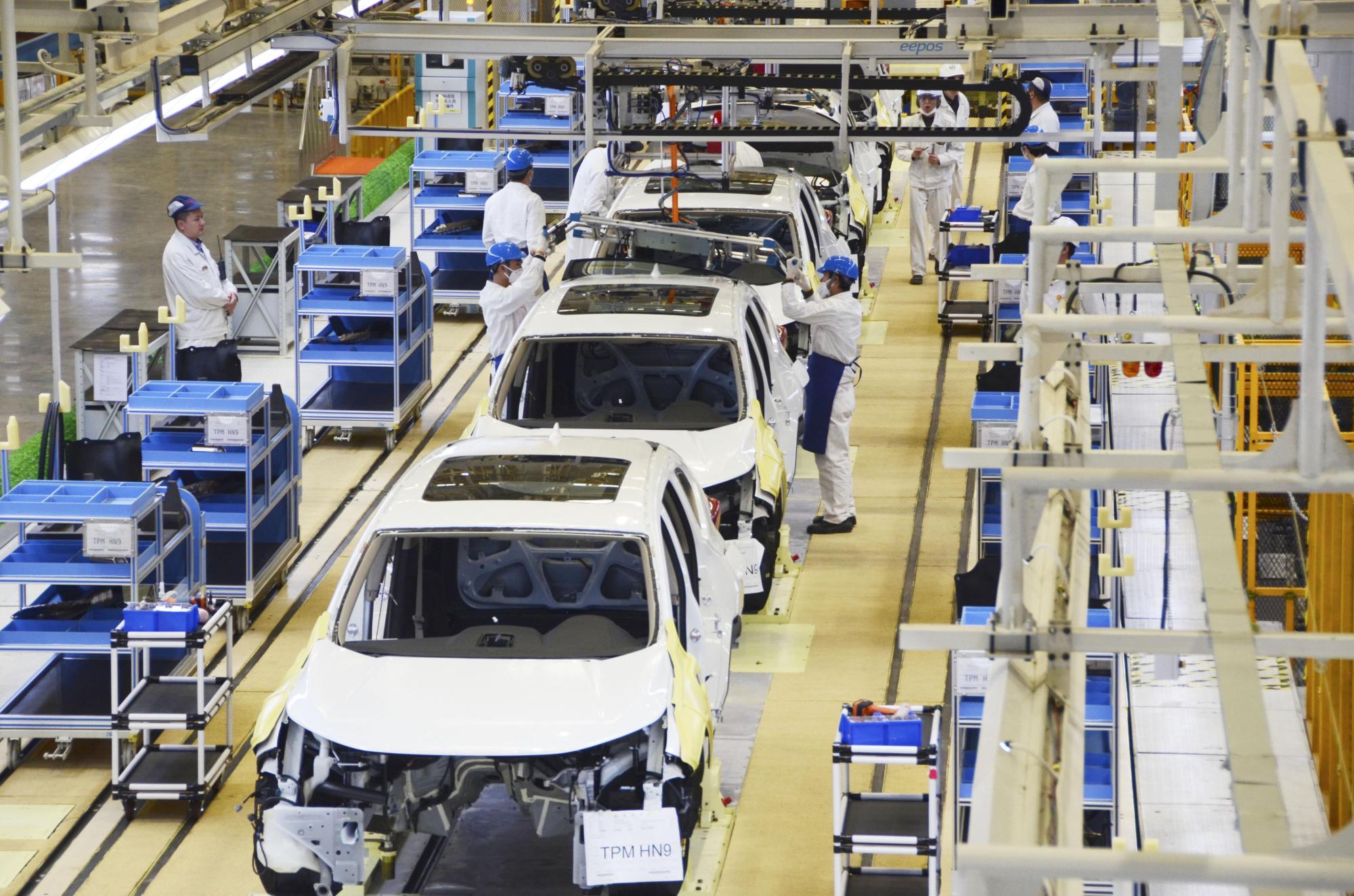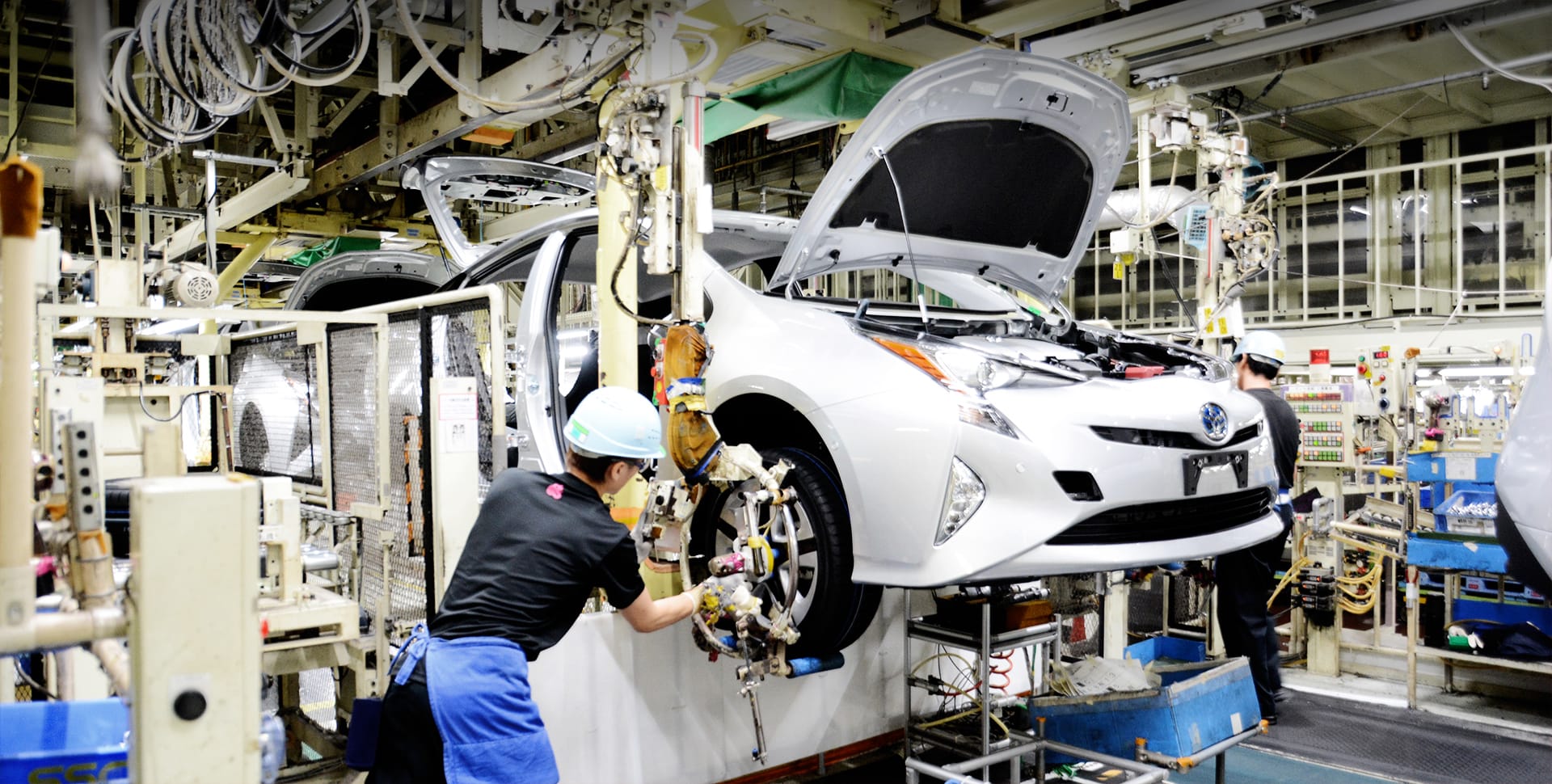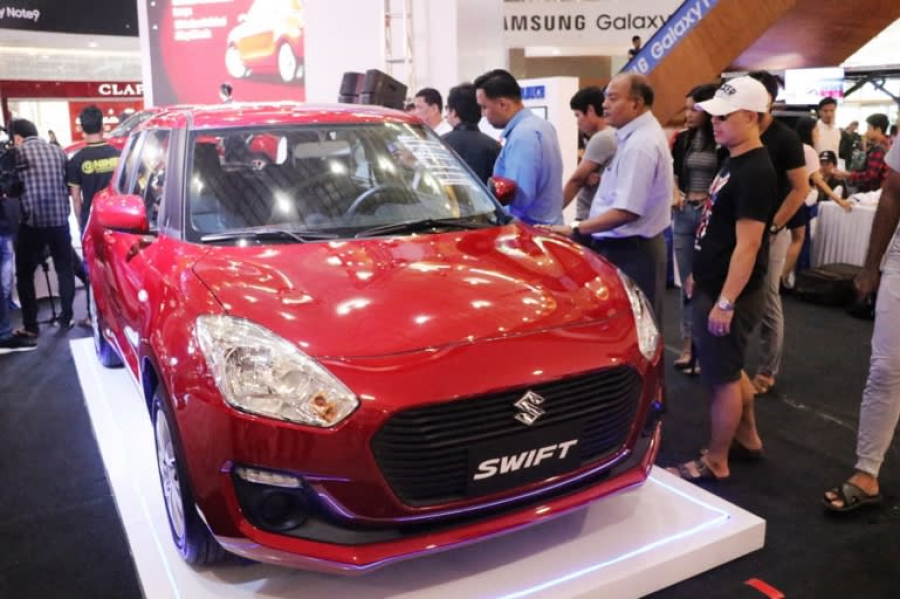CNI News
15 July 2022
It is necessary for the government to ease its policies to prevent the continued suspension of production of vehicles through the semi knock-down system, experts on vehicle policies and automobile entrepreneurs told the CNI.
Most automobile companies that import parts and assembled vehicles in Myanmar through the SKD system have temporarily suspended their operations due to exchange rate discrepancies and policies of the government to import parts, vehicle policy experts U Aung Pyae Sone told the CNI.
“While companies have to comply with government policies, they can also adopt their own policies. For example, Suzuki imported parts in UD$ and assembled them into vehicles here. As it is a Japanese company, we can also ask the company whether it is possible to import parts in yen instead of US$ because US$ has caused exchange rate problems, which leads to difficulties in importing parts. Is it possible for the company to take measures to import parts in yen as they are made in Japan. In the same way as the Yuan payment system was introduced, is it possible for the company to try to introduce the Yen payment system? It is possible for the company to resume its operations by taking this into account,” he said.
Instead of using the US$ payment system for vehicles made in China, Japan and Korea, payment systems in currencies of respective countries should be introduced and it is possible to solve the problem, he added.

A vehicle factory
“We don’t know how companies adopted their policies and ran their operations but the two major issues are exchange rate fluctuation and difficulties to import parts. The companies that face both issues may have to suspend their operations first. If the government does not change or ease their policies over time, production of vehicles through the SKD system will gradually halt. It is likely that companies that import parts in US$ will come to a halt first,” he said.
The problems faced by vehicle assembling companies through the SKD system are mainly caused by the exchange rate control of the government, Chairman U Min Min Maung of Yangon Region Automobile Manufacturing and Distribution Association told the CNI.
“I think the government as well as authorities should allow them to manufacture vehicles as usual because foreign investment is scarce. When they have left the country, it is very difficult to invite them to invest in Myanmar again. Companies like Suzuki (M)and Hyundai (M) are fully foreign invested ones. Appropriate measures should be taken to discourage the outflow of foreign investment. Actually, the SKD system is the process of assembling vehicles from imported parts domestically. It is important to consider the livelihood and incomes of workers they are employing. The amount of their investment is very huge. So, they should take appropriate measures that will protect them from the suspension of their operations. On the other hand, the government is partly trying to control the depreciation of Kyat against US$ and importing vehicles is impossible,” he explained.

An assembly line of vehicles.
The SKD vehicle assembling factories, which are still running, are doing so by already imported parts and all SKD factories are facing the same fate, added U Min Maung Maung.
"Most SKD factories have been encountering the problem for a long time. They are assembling vehicles from parts they have already imported. Actually, the problem is not a new one because they have not been able to import parts for a long time. Now, they are running out of their stocks and the issue has come up. We don't know what will Jetour do when it has nothing left. Similarly, the BAIC and Ford cannot import anything," he told the CNI.
More than ten companies are manufacturing vehicles in Myanmar through the SKD systems including Suzuki, Hyundai, Jetour, Nissan, KIAS and Ford.




